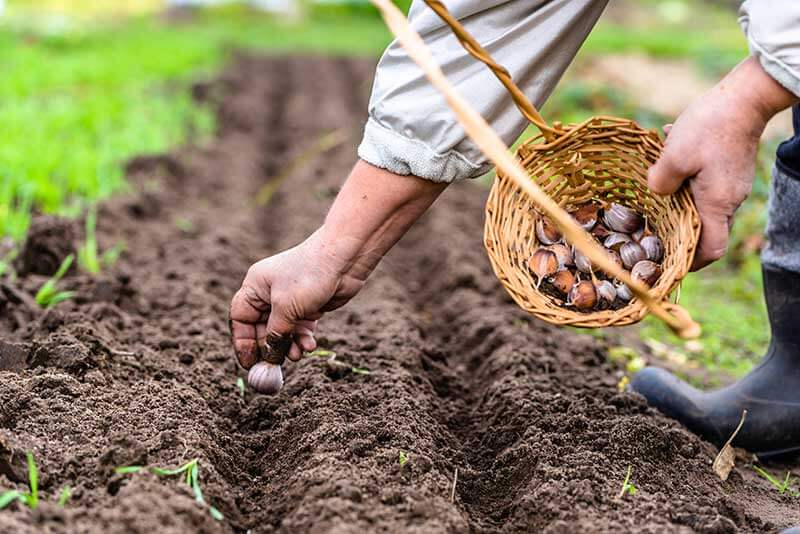Farmers urged to prioritise soil testing
THE Chemistry and Soils Research Institute (CSRI) has revealed that it has adopted advanced methods of soil testing to assess the proper amounts of fertilisers and amendments to be put to the soil.
These methods can assist farmers raise crop yields and enhance soil health.
Soil testing determines nutrient-supplying power of soil for crop production, while reducing the risk of nutrient mining and soil degradation.
“We have adopted very advanced ways of testing soils,” CSRI head Emmanuel Chikwari told NewsDay Farming on the sidelines of the institute’s review and planning meeting held in Harare on Tuesday.
“Instead of using wet chemistry, which has been the tradition whereby we have to saturate our soils with different chemicals, we are adopting dry chemistry which we call dry spectroscopy, so that we analyse or quantify the nutrients or elements in the soil.
“These methods are very rapid and they give fairly accurate results for us to recommend, be it lime or fertilisers to our farmers.”
Chikwari emphasised that the data obtained from a soil test helps farmers understand the condition of their soils with regard to the composition of nutrients, such as the amount of phosphorus present.
He explained: “These same nutrients are the ones that will be provided by a fertiliser. Before we recommit any type of fertiliser, we need to know the status of the soil. It is important to measure or quantify what is in the soil so that we give recommendations. So what we do is analysis in order to manage soil challenges.
“We analyse in order to manage so once we have that information, then the farmer will be good to go in terms of the amount of fertiliser that is required.
“Because the results are based on testing, it means the farmer can aim to have optimum yields for his particular piece of land for a given crop enterprise. It is very important for farmers to consider soil testing as a crucial service in their farming activities.”
Specific standards exist to ensure the quality and accuracy of soil testing in Zimbabwe.
“We have standards that we take note of when doing soil analysis. We have our national standards that we adhere to. For one to carry out a successful soil analysis procedure they have to follow the standard operating procedures. Once they follow them, we actually give some control measures or checks that we do,” he noted.
“We always involve some check symbols which have known results in every batch of symbol that we are analysing, for example say we have 40 symbols that are to be analysed, we then include at least three check symbols that have results that are already known. That is the procedure that we do in Zimbabwe,” he said.
Chikwari indicated that the institute was conducting international tests and urged continuous awareness in the local farming sector for farmers to appreciate the importance of soil testing.
“The recommendations that we give are in tandem with the requirements of our soils rather than having other players analysing the symbols of Zimbabwe because they have not conducted research of our own soils,” he added, while warning farmers of unscrupulous players in the soil testing sectors.-newsday










